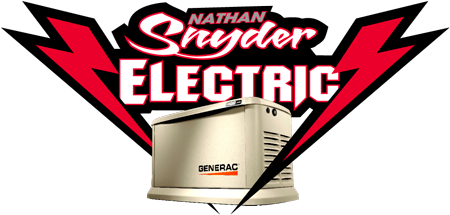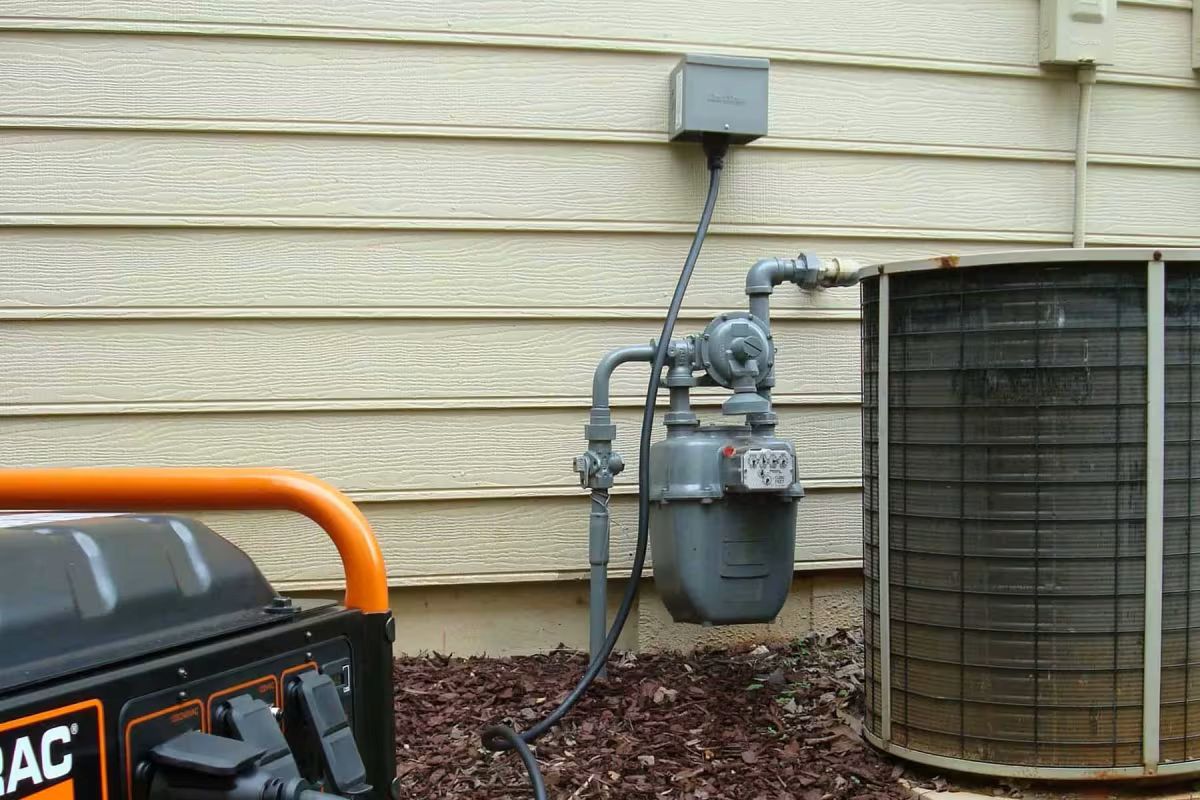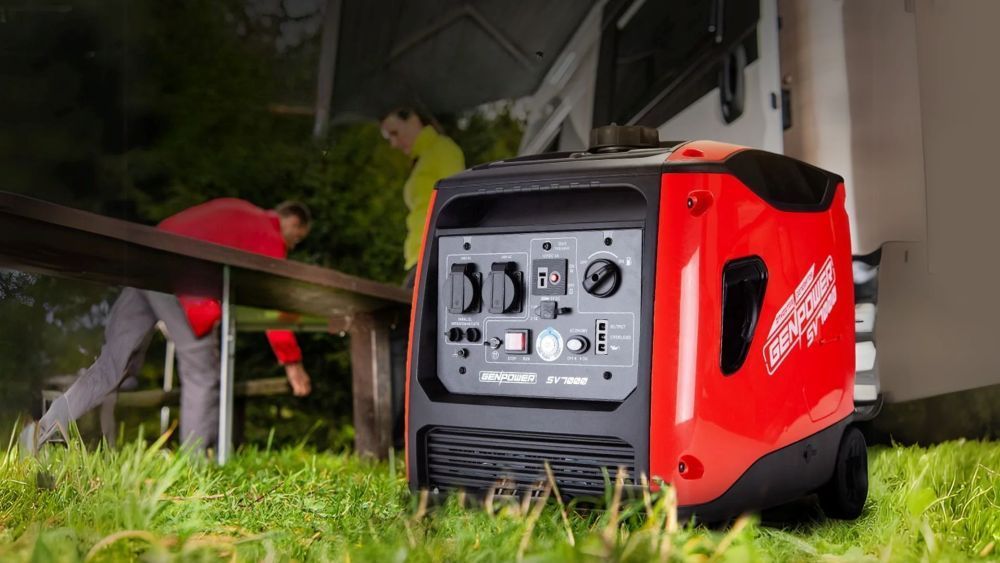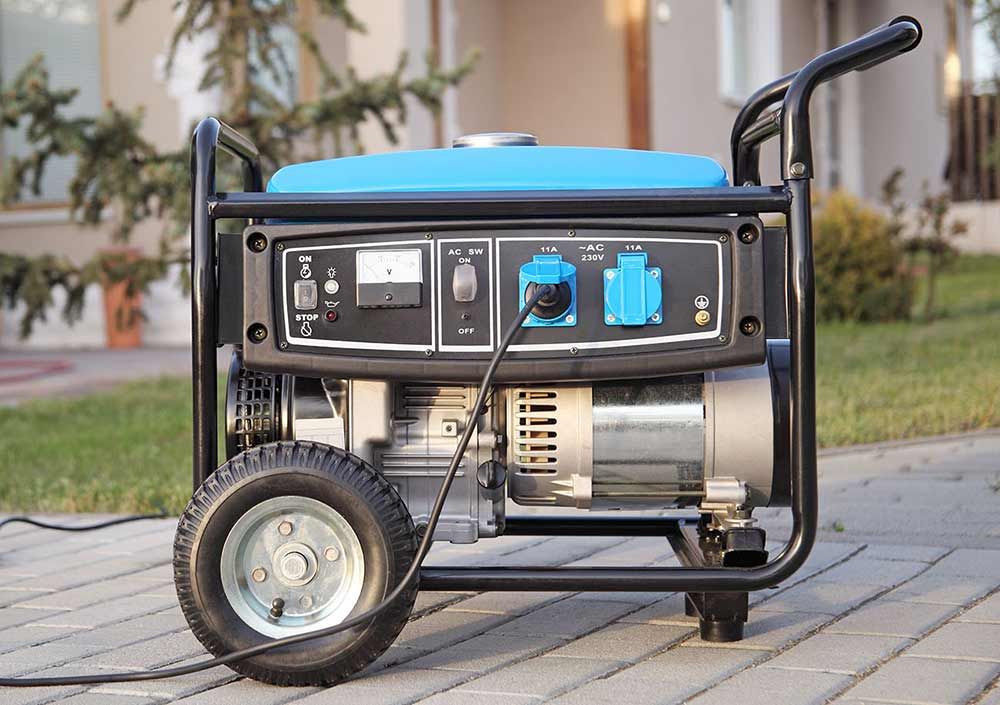Finding the Right Size Generator for Your Needs
Choosing the right generator size means understanding the actual power requirements. Most homeowners find this process easier when they talk to experienced Generac installation dealers who can guide them through the calculations. You'll need to add up the power requirements of all the devices you want to run simultaneously. This includes both the normal running power and the extra power some appliances need when starting up. Getting the size right means you won't waste money on an oversized unit or struggle with one that's too small.
Figuring Out How Much Power You Need
Start by making a list of everything you want to power during an outage. Check the labels on your appliances or look in their manuals to find the wattage numbers. Add up all the running watts - that's the power needed to keep things running normally. Some devices, such as refrigerators and air conditioners, require additional power when they first start up. Find the device with the highest starting watts and add that number to your total running watts. This gives you the peak power your generator needs to handle. If you’re unsure about the math, many homeowners explore generator installation services, since professionals can do the calculations and recommend the right setup for your home.
How Generator Sizes Work
Generators are rated by the number of watts they can produce. A 5,000-watt generator can handle 5,000 watts of power, while a 10,000-watt unit can handle twice that amount. The rating indicates the maximum power the generator can safely provide. Bigger numbers mean you can run more appliances at once. Think of it like the difference between a small car engine and a truck engine - both work, but one can handle heavier loads more effectively.
Adding Up Your Power Needs
Create a simple chart with two columns: 'Running Watts' and 'Starting Watts'. Write down every device you plan to use and fill in both numbers. Add up all the running watts to get your base power needs. Then look at the starting watts and pick the highest single number. Add that highest starting wattage to your running total. This final number is what your generator needs to handle. Don't forget essential items like phone chargers, lights, and medical equipment, if needed. For larger projects like new construction electrical service, this same process applies—contractors will often calculate total wattage demands before deciding what type of generator or electrical setup is required.
Why Starting Power Matters
Many appliances require a surge of extra power when first turned on. Your refrigerator might use 600 watts while running, but it needs 1,800 watts to start. Air conditioners and power tools operate similarly. This initial surge only lasts a few seconds, but your generator must be able to handle it; otherwise, the device won't start. That's why you can't just add up running watts - you need to plan for these power spikes too.
Picking the Right Size
Once you know your power needs, pick a generator that can handle about 20% more than your calculated total. This gives you room for error and future needs. If your math indicates you need 6,000 watts, look for a generator with a capacity of 7,000 to 8,000 watts. This buffer helps prevent overloading and gives you flexibility. Remember that running a generator at full capacity all the time shortens its life and wastes fuel. If you’re upgrading your home’s wiring or planning to run heavy loads, you may also need an electrical panel upgrade in Oklahoma City to safely handle the increased power capacity from your generator.
Other Things to Think About
Look for generators with features that make them easier to use. An electric start means you push a button instead of pulling a cord. Automatic voltage regulation maintains a steady power supply and protects sensitive electronics. A low-oil shutdown prevents engine damage if you forget to check the oil. Consider what fuel type works best for you - gas is common, but propane stores longer. Consider noise levels as well, especially if you have close neighbors. Wheels and handles make moving the generator much easier when needed. A Generac home generator with these features can provide long-term reliability while giving you peace of mind during outages.
Related Topics:










